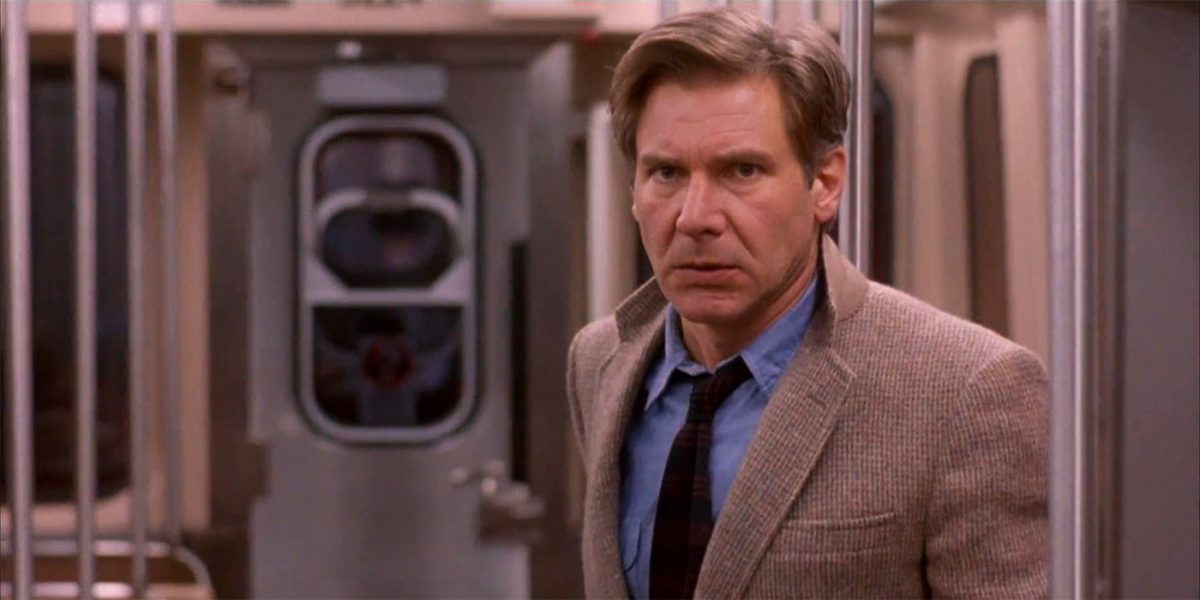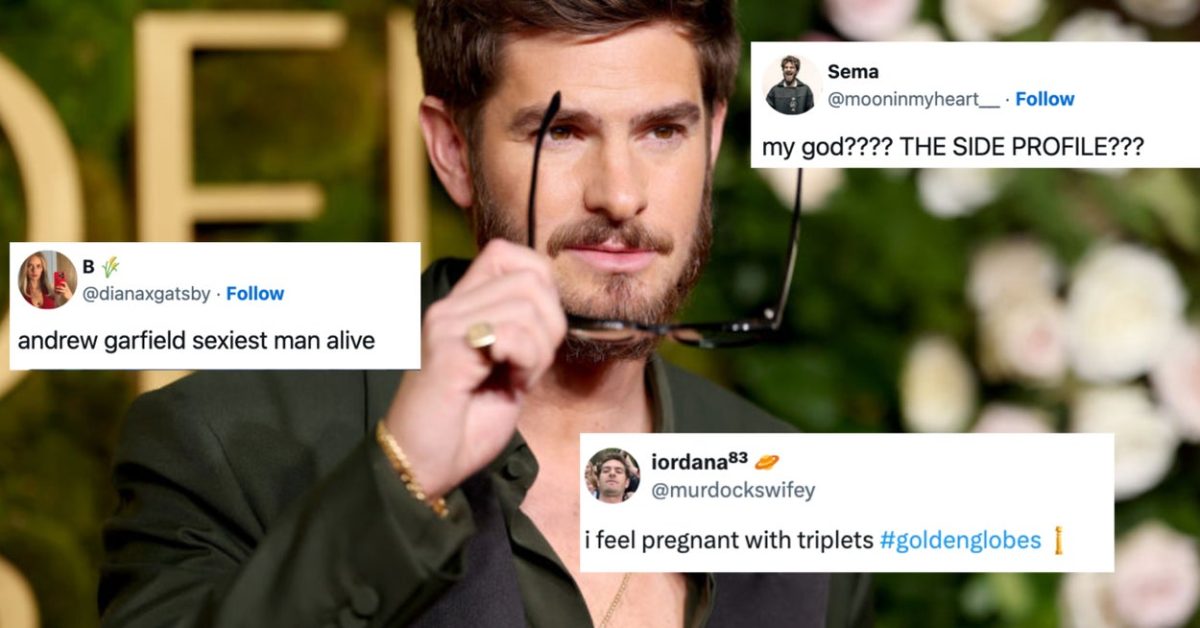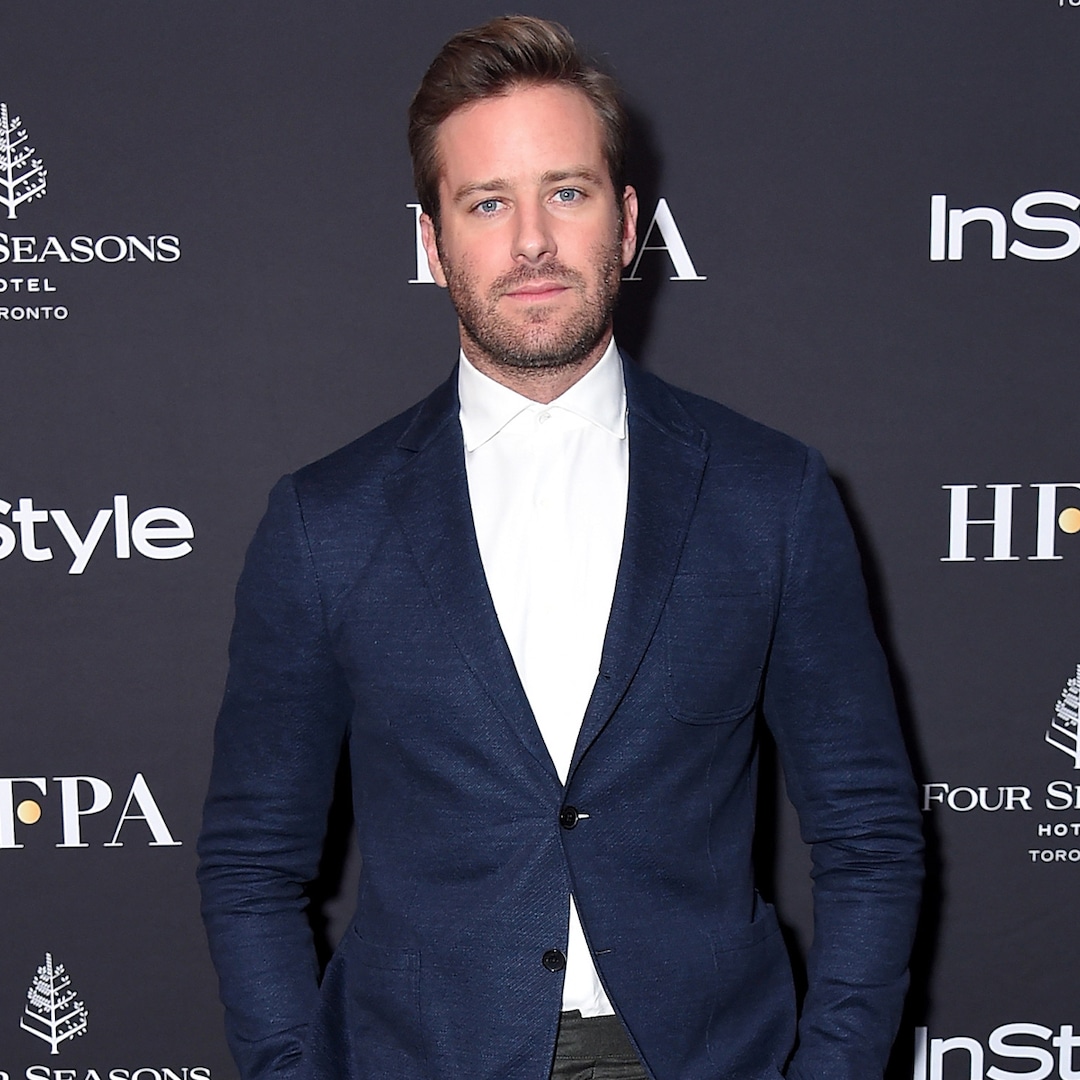
‘The Fugitive’s Behind-the-Scenes Drama Almost Made It a Disaster
Feb 13, 2024
The Big Picture
The Fugitive
was based on a popular and acclaimed drama series.
The film’s script was rewritten throughout production due to time constraints.
The film’s ending was conceived at the last minute, resulting in a gritty and exciting finale.
The 1990s were a pivotal decade in film history that saw the success of both artistically-minded award-season films and critically acclaimed blockbuster cinema. While there was a surprising number of ambitious, auteur-driven projects spearheaded by major cinema, action cinema saw a rebirth in the aftermath of Die Hard’s release in 1988. Few films embody this unique era in cinematic history quite like The Fugitive, one of the rare films that can be characterized as both a mainstream blockbuster success and a prestigious, high-minded project. Although it is now remembered as one of the best films of 1993, The Fugitive’s production was a haphazard mess that was nearly derailed by behind-the-scenes chaos.
The Fugitive Dr. Richard Kimble, unjustly accused of murdering his wife, must find the real killer while being the target of a nationwide manhunt led by a seasoned U.S. Marshal.Release Date August 6, 1993 Director Andrew Davis Runtime 130 minutes
‘The Fugitive’ Was Facing High Expectations
The Fugitive is based on an acclaimed drama series that ran from 1963 to 1967, and followed the story of the former expert surgeon Dr. Richard Kimble (David Janssen). While the term “prestige television” didn’t really develop until the dawn of the HBO era in the early 21st century, the original The Fugitive series was a landmark achievement in television, renowned for its clever plotting and high production values. Unlike the procedural shows that were popular during the same era, The Fugitive told a concentrated story about Kimble’s attempts to clear his name after he is wrongfully accused of killing his wife. While the story would diverge in different directions and introduce new side characters, each episode revolved around Kimble recovering a crucial piece of information that is connected to the central mystery. The series went out on a high, as its acclaimed 1967 series finale was watched by more than 78 million viewers.
Given the strong brand recognition of the original series, it was not surprising that Warner Bros. grew interested in adapting The Fugitive to the big screen. While cinematic adaptations of popular classic shows like Dragnet and The Legend of the Lone Ranger failed to retain the same hallmarks of the series that inspired them, Hollywood producer Arnold Kopelson felt that a new The Fugitive adaptation could be a modern-day Les Misérables. The notion of a wrongfully accused man determined to prove his innocence in the eyes of the law had immense dramatic potential. While the original series had followed Kimble as he traveled the country looking for clues, it was screenwriter David Twohy’s idea to make a train derailment the inciting incident of the film adaptation. After Kimble (Harrison Ford) escapes from imprisonment, the stone-faced Deputy U.S. Marshal Sam Gerard (Tommy Lee Jones) begins to pursue him.
Related Harrison Ford Is the Total Package in This ’90s Blockbuster This one-off movie crystallized Ford’s leading man image better than Indiana Jones or Star Wars.
Living up to the precedent that Janssen had set as Kimble was no easy task, as he had received several Emmy nominations for his performance in the original series. Although it is now regarded as one of his best roles, Ford was not the original choice to play Dr. Kimble. Acclaimed actors like Michael Douglas, Nick Nolte, and Kevin Costner were all in the running, and Alec Baldwin was briefly attached. However, producer Keith Barish stated that casting an action star like Tom Cruise or Mel Gibson would create the wrong tone, as he “didn’t want to make it a cartoon.” Barish “wanted to make it a serious action movie with a serious foundation,” and revealed that “Ford just always felt right.”
‘The Fugitive’ Was Rewritten Throughout Production
Compared to other action films of the same era, The Fugitive was unique because it was shot almost entirely on location. The majority of the film took place in Chicago, Illinois, the hometown of both Kimble and Ford. While shooting on sound stages may have made for an easier production, using identifiable locations gave The Fugitive a tactile quality that made it feel more authentic. According to The Films of Harrison Ford, it was Ford’s idea to shoot in Chicago as he was familiar with many of the locations featured prominently in the film, including the Chicago freight tunnels, Chicago city hall, the historic Pullman neighborhood, and several rural areas. The now iconic sequence where Kimble escapes from the authorities by running through the Chicago St. Patrick’s Day Parade was filmed during the actual parade in 1992.
While the script was “nowhere near finished” by the time that filming began, director Andrew Davis was under pressure to hit the film’s intended 1993 release date. Warner Bros. had intended the film to be its big summer blockbuster in 1993, and Ford had only a limited window availability as he had already agreed to appear in other projects in the coming months. As a result, Twohy and screenwriter Jeb Stuart had to rewrite the film almost every night before filming began, in order to ensure that the film came to a satisfying conclusion. While the train crash sequence filmed along the Great Smoky Mountains Railroad cost $1 million and was filmed months in advance, Stuart and Davis had to completely readjust the story once production moved to Chicago. It made it even more impressive that Ford and Jones gave such great performances, as they were not working with a coherent script.
Why ‘The Fugitive’ Finale Was Completely Changed
With only a few weeks left of filming, Stuart and Davis still had no idea how to end the story. While staying at the Four Seasons in Chicago and looking at the city’s nightlife, Stuart conceived of the idea to end the film with a fistfight that ended with a villain falling through the skylight. It is in this sequence that Kimble uncovers the conspiracy that links Dr. Charles Nichols (Jeroen Krabbé) to the murder of his wife, Helen (Sala Ward). Krabbé was cast in the role after the original actor, Richard Jordan, fell ill with a brain tumor.
No stranger to onset injuries, Ford had plenty of experience filming the kind of hand-to-hand combat sequences that prepared him to shoot the ending of The Fugitive. The result was a gritty, exciting conclusion to the story that helped turn The Fugitive into a huge commercial and critical hit for Warner Brothers. In addition to earning more than $350 million worldwide, the film received seven Academy Award nominations, including Best Picture, and Jones took home the trophy for Best Supporting Actor.
The Fugitive is available to rent on Prime Video in the U.S.
RENT ON PRIME VIDEO
Publisher: Source link
Aubrey Plaza Issues Statement After Jeff Baena’s Death
The 40-year-old star and Jeff’s family issued a statement to People on Monday, where they called their loss an “unimaginable tragedy.”The Los Angeles County coroner’s office previously determined that Jeff died by suicide in his LA home. He was 47…
Jan 10, 2025
Jill Duggar’s Husband Clarifies Where He Stands With Jim Bob Duggar
Jessa Duggar (m. Ben Seewald)Jim Bob and Michelle's fifth child, Jessa Duggar, was born Nov. 4, 1992. Jessa met Ben through church and he began courting her in 2013—the old-fashioned approach to romance coming as a brand-new notion to a lot…
Jan 10, 2025
The Internet Has Officially Lost It Over Andrew Garfield's Slutty Glasses
That man knew exactly what he was doing with those glasses.View Entire Post › Disclaimer: This story is auto-aggregated by a computer program and has not been created or edited by filmibee.Publisher: Source link
Jan 9, 2025
Armie Hammer Lands First Movie Role Since Cannibalism Allegations
Armie Hammer Cameos As “Kannibal Ken” in Music Video 4 Years After Cannibalism ClaimsArmie Hammer is heading back to the big screen. More than one year after the Los Angeles Police Department ended their lengthy investigation into the Call Me…
Jan 9, 2025











